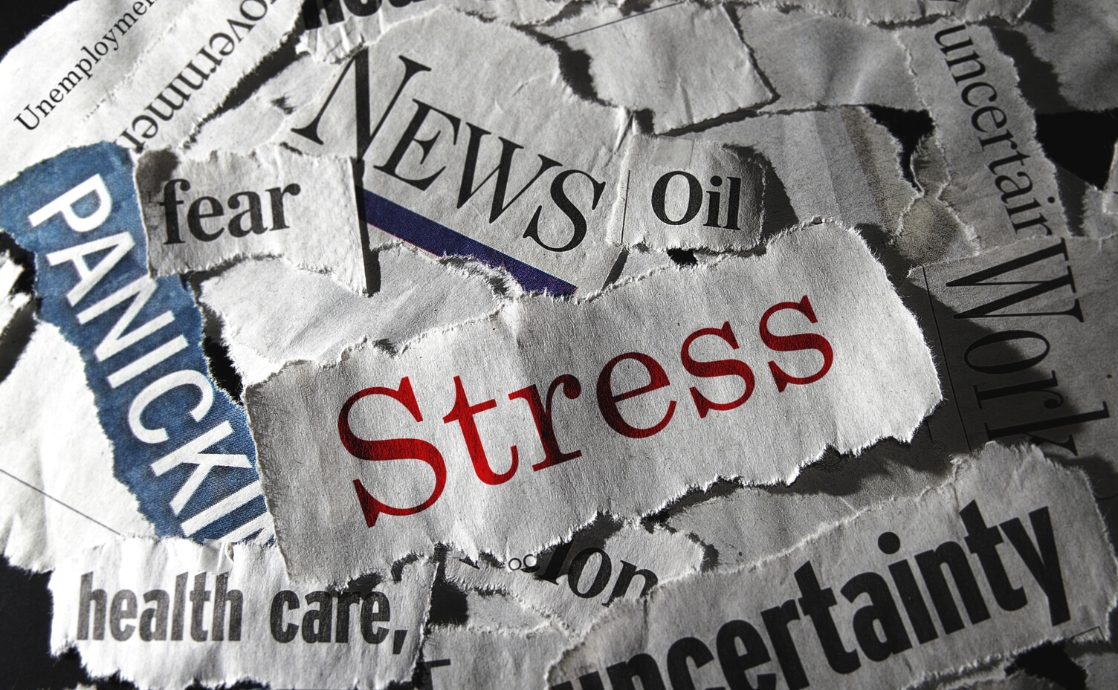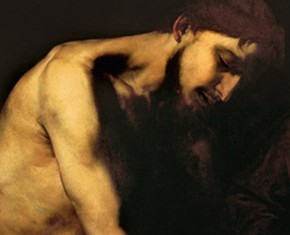The views expressed in our content reflect individual perspectives and do not represent the authoritative views of the Baha'i Faith.
The Baha’i Faith – the first world religion whose history coincides with the spread of mass media – traces its origin to the night of May 22-23, 1844 in Shiraz, Iran, when The Bab declared his mission.
On that night The Bab, the herald of Baha’u’llah, announced he was the Qa’im (He Who Shall Arise) long awaited by Shi’ih Muslims. The Bab further announced that he was the forerunner and herald of “Him Whom God Shall Manifest” – Baha’u’llah.
His initial audience on that night was just one person: a young theology student known as Mulla Husayn. No headline announced this momentous event, but the next day, far away in the United States, Samuel F.B. Morse sent the first official intercity telegraph message, a Biblical quotation from Numbers 23:23: “What hath God wrought?”
From that day on, successive waves of new technology would revolutionize communication and transportation, eventually leading to today’s interconnected world.
RELATED: Walking a Spiritual Path on Social Media
These advances in communications and transportation are necessary for the realization of the Baha’i Faith’s vision of a united world. “The earth is but one country and mankind its citizens,” Baha’u’llah wrote. Just as citizens of a particular town, state, or nation need reliable, factual news to provide the information needed to act as citizens, so do world citizens need news to inform them of events around the world.
Baha’u’llah, then, became the first messenger of God to reveal specific instructions for the news media. More than a century ago, he addressed media-related issues that still challenge us today: truth, fairness, accuracy, and trustworthiness. Baha’u’llah wrote:
In this Day the secrets of the earth are laid bare before the eyes of men. The pages of swiftly-appearing newspapers are indeed the mirror of the world. They reflect the deeds and the pursuits of diverse peoples and kindreds. They both reflect them and make them known. They are a mirror endowed with hearing, sight and speech. This is an amazing and potent phenomenon. However, it behooveth the writers thereof to be purged from the promptings of evil passions and desires and to be attired with the raiment of justice and equity. They should inquire into situations as much as possible and ascertain the facts, then set them down in writing.
Journalism schools still teach students the principles of objectivity, balance, fairness, accuracy, and truth. But many people today, including concerned journalists, complain of media bias, inaccurate or false reporting, sensationalism, and failure to cover the most important stories.
Baha’u’llah was already keenly aware of these concerns in the late 19th century, when the excesses of “yellow journalism” initially developed, and even felt their sting. Immediately after the paragraph quoted above, Baha’u’llah wrote:
Concerning this Wronged One, most of the things reported in the newspapers are devoid of truth. Fair speech and truthfulness, by reason of their lofty rank and position, are regarded as a sun shining above the horizon of knowledge.
Baha’u’llah wrote that a few newspapers had wrongly reported he “fled” from Persia to Iraq, when in reality the Persian government had ordered him into exile for teaching his new Faith:
Gracious God! Not even for a single moment hath this Wronged One ever concealed Himself. Rather hath He at all times remained steadfast and conspicuous before the eyes of all men.
Many newspapers in Baha’u’llah’s time were certainly not “free from the promptings of evil passions and desires” – they often emphasized scandal-mongering and sensationalism, with lurid headlines, reliance on anonymous sources, ruthless efforts to “scoop” the competition, and blatant racism and sexism. Some newspapers sacrificed truth in favor of selling more papers.
In multiple contemporary media outlets, this situation still applies today, only amplified by the proliferation of media technologies. The internet allows stories, whether true or false, to instantly spread around the world. Social media companies are widely criticized for failing to control the spread of false and inaccurate “news” and hate speech, because their profits depend on keeping their users online as much as possible. Tragically, it seems that outraged people motivated by “evil passions and desires” will keep clicking more than sober-minded truth seekers who “inquire into situations as much as possible and ascertain the facts.”
But the situation is by no means entirely negative. You are reading these words on the internet. Organizations that want to air the views of oppressed minorities, promote reconciliation and unity among different groups, and find alternatives to violence and conflict can now get their message out with minimal costs and equipment. These stories might be harder to find beneath the cacophony of trivia and negativity, but you can find them with a little bit of searching.
Beyond the standards of journalism, some Baha’i principles apply to everyone, including all who report news and all who consume it – as in this quotation from the writings of Abdu’l-Baha:
Truthfulness, uprightness and integrity are the attributes of the righteous and the hallmarks of the pure. Truthfulness is the goodliest of qualities as it comprehendeth all other virtues. A truthful person will be protected from all moral afflictions, will shrink from every evil deed, and be preserved from every wicked act, inasmuch as all vices and misdeeds are the very antithesis of truthfulness, and a truthful man will hold them all in utter abhorrence.
RELATED: Why I Started an Online Baha’i Radio Station
In his Book of Certitude, Baha’u’llah set the standard not just for true speech, but the manner of speech:
For the tongue is a smoldering fire, and excess of speech a deadly poison. Material fire consumeth the body, whereas the fire of the tongue devoureth both heart and soul. The force of the former lasteth but for a time, whilst the effects of the latter endure a century.
Maintaining such high standards in the news media and in our everyday speech might seem beyond human capacity – at least it looks that way today. But imagine a world when we’re not bombarded with negativity, when stories of reconciliation and unity make the front page at least as often as stories of hate and conflict. Imagine a world in which it’s possible to think of everyone fulfilling their God-given potential, a world where far fewer resources are spent on weapons and war. We can start recognizing and realizing this reality by telling the many stories of people who strive to lay the foundation for that future world today.
“These fruitless strifes, these ruinous wars, shall pass away, and the Most Great Peace shall come,” Baha’u’llah declared. Baha’is have faith that global peace will arrive one day. When it does, Baha’is everywhere will celebrate the “amazing and potent phenomenon” Baha’u’llah identified over a century ago as media outlets everywhere run this banner headline: “World Peace Has Come.”
















Comments
Sign in or create an account
Continue with Googleor